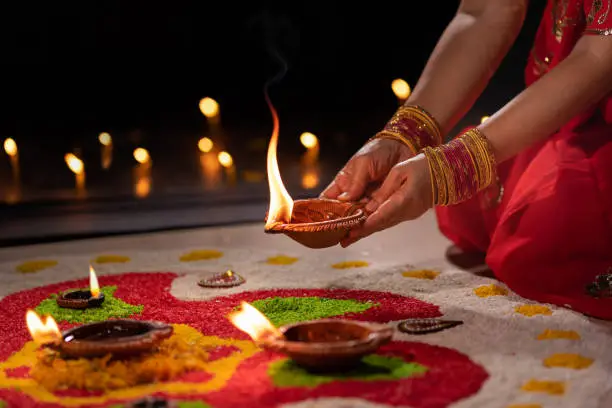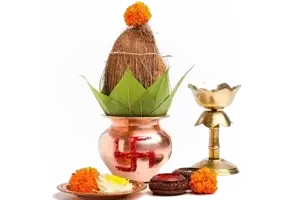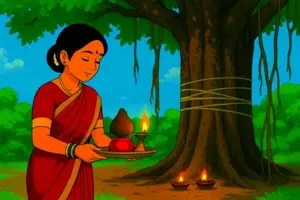
festivals
Diwali
Abstract
Diwali, the Festival of Lights, celebrates the triumph of light over darkness and good over evil, with a focus on worshipping Goddess Lakshmi for wealth and prosperity. This five-day festival, observed by Hindus, Jains, Sikhs.
The history of Diwali comes from many old scriptures. In northern India, it celebrates Lord Rama’s return to his kingdom after 14 years. In southern India, it marks Lord Krishna’s victory over the demon Narakasura. In western India, it remembers when Lord Vishnu sent the demon king Bali away. For Jains, Diwali celebrates the freedom of Lord Mahavira, and for Sikhs, it remembers when Guru Hargobind Ji was released from jail.
Diwali is celebrated on the new moon night in the Hindu month of Kartik, which is usually between mid-October and mid-November. The festival lasts for five days, starting with Dhanteras and ending with Bhai Dooj. Each day has special meanings and activities. On the first day, Dhanteras, people pray for wealth and clean their homes. They make colorful designs called rangolis and light oil lamps called diyas. On the main day of Diwali, families perform prayers to Goddess Lakshmi, enjoy delicious food, exchange sweets, and burst fireworks. The fourth day is Govardhan Puja, celebrating Lord Krishna, and the last day, Bhai Dooj, is for celebrating the bond between brothers and sisters.
Diwali teaches us important values like family, friendship, and community. It’s a time for forgiveness and starting fresh. Lighting the diyas represents chasing away darkness and ignorance, and it reminds us to do good and be kind. Diwali is also a busy shopping time! People buy new clothes, jewelry, and gifts. Many shops have special sales during this festival. It brings everyone together to celebrate and share joy. People often donate to help those in need during this time.
Diwali celebrations can look different in various parts of India and the world. In northern India, it focuses on Lord Rama’s return, while in southern India, it highlights Lord Krishna’s victory. In Gujarat, Diwali marks the start of the new year, and in West Bengal, it’s celebrated as Kali Puja in honor of Goddess Kali. Diwali is also celebrated in countries like Nepal, Sri Lanka, Malaysia, and Singapore, with each place having its own customs. The festivities usually last five days, but in some areas, they can go on even longer.
Diwali is a major shopping season. Businesses, especially in retail and e-commerce, see a significant increase in sales as people buy new clothes, gifts, and decorations. The heightened demand during Diwali leads to more temporary jobs in retail, logistics, and manufacturing, benefiting the economy. Companies launch special promotions, discounts, and advertising campaigns to attract customers, leading to increased brand visibility. Many businesses focus on traditional items like sweets, clothing, and decorative items, showcasing cultural heritage and boosting local artisans. Diwali is more than just a festival; it has a profound impact on society and the economy. It strengthens community ties, promotes cultural values, and provides a significant boost to businesses. The joy and spirit of Diwali inspire people to come together, celebrate life, and support one another, making it a truly special time of the year.
- Diwali
- Festival of Lights
- Lakshmi
- Rama
- Kartik
- Dhanteras
- Bhai Dooj
- Govardhan Puja
- Artisans
- Community
- Economy

